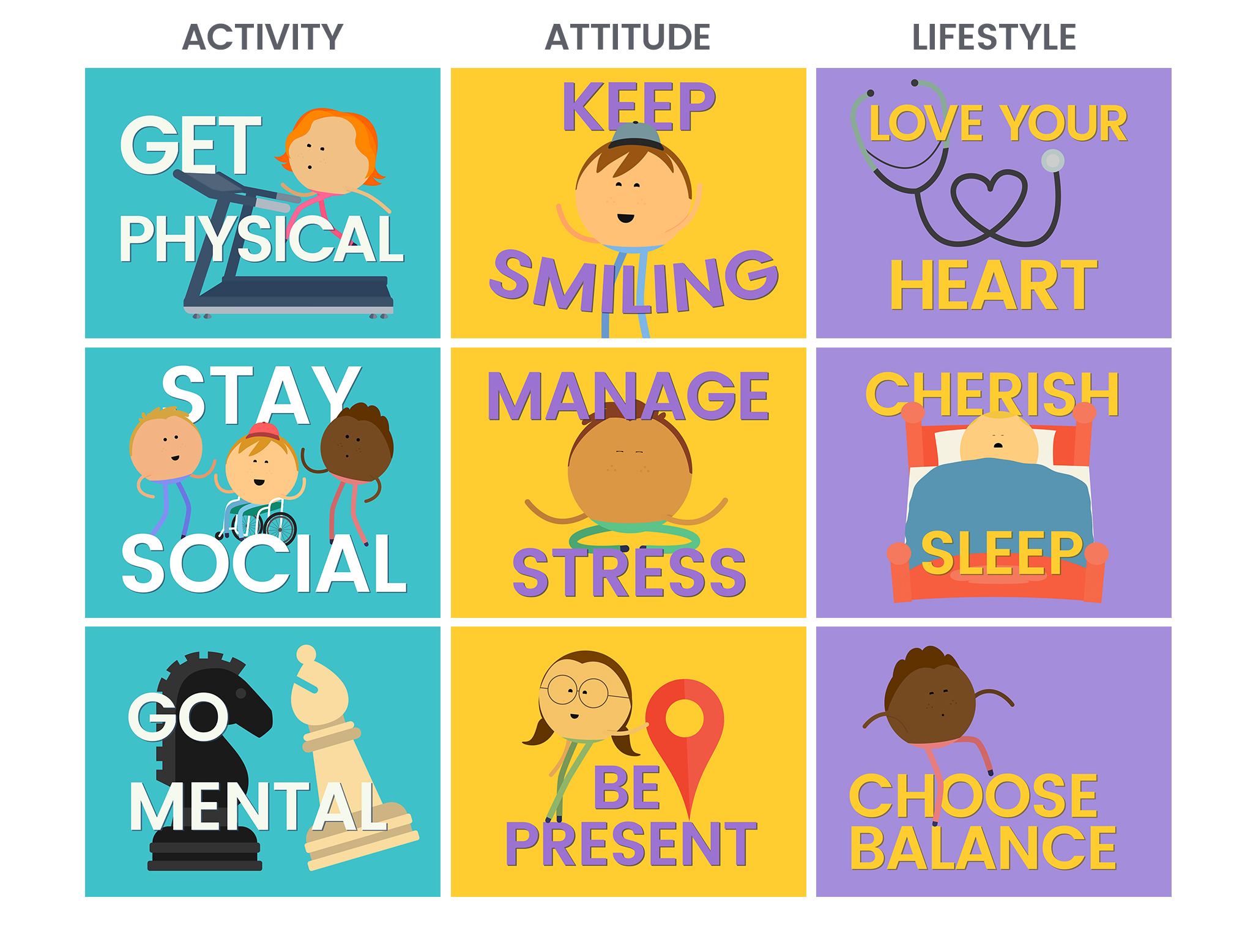
You don't have to give up your favorite foods just because you are eating healthy. Vegetables can be included in your daily meals, depending on what stage you are at. They can be served in different forms, including soups, smoothies, sandwiches, and salads. You can find a variety of vegetable colors. They also provide different vitamins, minerals. Fresh fruits and vegetables are the best choices, but you can also choose to eat canned or dried fruit. Pregnancy can make you more vulnerable to germs and infections so it is important to wash all vegetables thoroughly before you eat.
Avoid cold or smoked meats during pregnancy. Instead, choose fresh or canned fish that has been cooked to steaming hot. Some countries consider deli meats safe. However, women should not eat them until after they have given birth. In case you are unsure about what you should eat during pregnancy, talk to your gynecologist or midwife. A doctor will always advise you not to try to make a meal substitute.

Protein-rich foods support the growth of the baby. Pregnant women need extra protein to support her baby's growth. Therefore, consuming more protein rich foods will aid the baby in developing its brain and heart. High-protein foods can also be good for pregnant women because they contain fiber and vitamins. You can add more grains to your diet. They are high in fiber, folate and B vitamins. They can also reduce constipation and hemorhoids.
Dark-green vegetables contain a lot of folate. This is vital for the development the fetal neural tube and the growth the uterus. For a more varied meal, you can also add frozen veggies to your meals. This is a great way to increase the amount of protein in your diet. Additionally, it is high in fibre, vitamin C, and iron. These foods are great sources of iron as well as fibre.
It is great for calcium intake, which is vital for the growth of the baby. You can also get your calcium from other sources, such as dairy. Low-fat milk is a better option for lactose-intolerant people. Other dairy products contain a lower amount of fat, so make sure to choose one that is low-fat. These foods contain essential nutrients for a growing baby. Be sure to consider all food groups when you are choosing what to eat.

Eat foods rich in protein. While most of these foods contain protein, avoiding red meat and other red meat is not a good idea. Nuts and whole grains are important in your diet, along with chicken, beef and fish. These foods provide vital nutrients and fiber to support the development, health, and well-being of the baby. Beans and peas make excellent choices for pregnant mothers. They are also rich sources of iron and B vitamin, making them a good choice.
FAQ
How Metabolic Health is Key to Aging Well
People live longer lives than ever before. As they live longer, they also get sicker. While medical science has made incredible advances, it's becoming increasingly obvious that the current approach is not working.
We must change the way that we look at health and aging. For healthy aging, it is important to look at metabolic well-being - not just weight reduction but overall wellbeing.
You must ensure your metabolism is strong and healthy throughout your life if you want to lead a long, active life.
There are many ways you can improve your metabolic health. One of those ways is to incorporate these 7 foods into your diet:
-
Resveratrol has been found to be a key ingredient in blueberries, and it has been shown that it can help increase cell longevity. They are also rich in vitamins C & E and antioxidants.
-
Beans such as pinto beans and lentils provide excellent fiber and plant protein. These nutrients help keep blood sugar levels steady so they won't spike and crash.
-
Broccoli contains sulforaphane, shown in studies to protect cells against DNA damage. It may even slow down the progress of cancer.
-
Chia Seeds have high levels of omega-3 fatty oils and fiber. They are high in protein and antioxidants. All of these nutrients help promote heart health, brain function, and gut health.
-
Green tea contains catechins, which are polyphenols. Studies have shown that green tea contains catechins which are linked to lower bone fractures and cardiovascular disease. They also reduce cognitive decline and diabetes risk.
-
Salmonis packed with vitamin D, low in saturatedfat and one of best sources of lean meat.
-
Walnuts contain omega-3s and antioxidants like alpha lipoic acid (ALA). ALA is an antioxidant that protects against inflammation. It also boosts energy production.
What dietary supplement is best for weight loss?
Weight loss requires diet and exercise. Some people find that certain supplements are helpful.
A few studies have suggested that omega-3 Fatty Acids might help weight loss. Omega-3s are essential fats that are important for brain function and cell membrane integrity. They can be found in seafoods like salmon, tuna or shrimp, as well as cod liver oil.
Research suggests that green tea may be beneficial in weight loss. Green tea contains catechins, antioxidants that may help boost metabolic rate and encourage weight loss.
How do you lose weight?
Losing weight is easier said than done. Many people give in to temptation because they don't know how to proceed.
However, there are some simple steps that you can take to shed those extra pounds.
First, you must ensure you eat fewer calories than you burn. If you are eating more than you are burning, then you are going to gain weight.
The second is to get regular exercise in order burn those calories. You can choose from a variety of exercises such as walking, biking or dancing.
Third, stop smoking and drinking alcohol. These habits make it more likely that you will consume more calories than you would normally.
Fourth, you need to cut back on fatty foods and junk food. They can be replaced by healthier options, such as fruits and vegetables, lean meats or whole grains, legumes, seeds, beans, and nuts.
Fifth, change your lifestyle. It is possible to wake up at 5 AM to go to work, or to be more active before you get to work.
Sixth, you must be disciplined and follow your diet plan.
Finally, you have the option to join a gym and take part in an aerobics session to burn off those extra calories.
You'll quickly start to notice results if you follow these simple tips.
Statistics
- According to the American Academy of Dermatology (AAD), men over 50 are at a heightened risk of developing it. (healthline.com)
- Cardmembers earn 5% Back at Amazon.com with a Prime Credit Card. (amazon.com)
- According to the American Heart Association, blood pressure should be checked at least once every two years, beginning at age 20. (my.clevelandclinic.org)
- The PRS enabled risk stratification for overall prostate cancer and lethal disease with a four-fold difference between men in the highest and lowest quartiles (HR, 4.32; 95% confidence interval [CI], 3.16-5.89). (pubmed.ncbi.nlm.nih.gov)
- Are You One of the 20% of Guys (mh.co.za)
External Links
How To
What nutrients do men need each day?
Daily nutrition is essential for men's healthy growth. Vitamins, minerals, vitamins, nutrients, carbohydrates, fats and fiber are all essential for the body.
The male body also requires specific nutrients at different times throughout the day. You can see that your body uses energy to make hormones. When you get up, protein is used to repair and build muscle.
Your body stores extra energy as glycogen and breaks down fat at night. Your body has less energy but still requires enough nutrients during this time. You may have an occasional snack during the evening hours if you feel hungry.
For your body to function properly, it needs adequate amounts of protein and carbs. If you exercise hard, you might feel muscle soreness.
To prevent this, you should eat carbs as well as protein within the first two hours after training. Your body will breakdown stored glycogen and provide you with glucose for energy.
Additionally, it is important to eat protein right away after your workouts are over. This prevents muscle tissue from being broken down while you are sleeping.
Your body produces lactic acid during high levels of physical activity. It builds up in your bloodstream, which can lead to fatigue. Avoid this by eating foods rich in carbohydrates such as fruits or vegetables.
Carbohydrates can give your body the energy it requires to recover from intense exercise.
In addition, you may want to include lean meats, fish, eggs, milk, cheese, yogurt, beans, nuts, and seeds into your diet.
All of these foods have high-quality protein. Protein helps to repair and grow muscles. Protein is also necessary for the production of sex hormones such as testosterone.
For healthy skin, hair and joints, it is important to eat enough fats. Healthy men need between 20% and 35% of their total caloric intake from fat.
Fat helps protect your heart health and prevents cancer. It also keeps your brain functioning properly.
Most of the fat you need can be obtained from vegetable oils, including sunflower oil (or soybean oil), peanut oil, peanut oil, soybean oil, and peanut oil.
These oils are high-in monounsaturated, unsaturated fatty acid (MUFAs). MUFAs lower cholesterol and decrease inflammation. They protect your cells and prevent damage from free radicals.
Saturated oils (SFAs), found primarily in animal products such meats, dairy products and butter, are known to raise LDL ("bad") cholesterol. SFAs increase LDL ("bad") cholesterol, and increase triglycerides. They also promote weight gain and belly fat.
Plant-based oils such as vegetable oil, nuts, seeds, or grains are rich in polyunsaturated fats (PUFAs). PUFAs help improve cardiovascular function, and lower inflammation. They help to control blood sugars and cholesterol.
Men with low HDL ("good") cholesterol often suffer from erectile dysfunction. High consumption of saturated fats increases bad cholesterol, which lowers the level of good cholesterol.
Because of the high levels of nitrates in red meat and pork, men with prostate problems may eat more of them. If cooked at high temperatures, the nitrates become nitrosamines. These compounds can cause cancer.
Most processed meats have nitrites and harmful chemicals. They should be avoided.
According to the American Heart Association, you should limit your consumption of red meat to no more that 2 meals per week. Instead, choose poultry and fish, legumes, tofu or whole grain bread as your main source of protein.